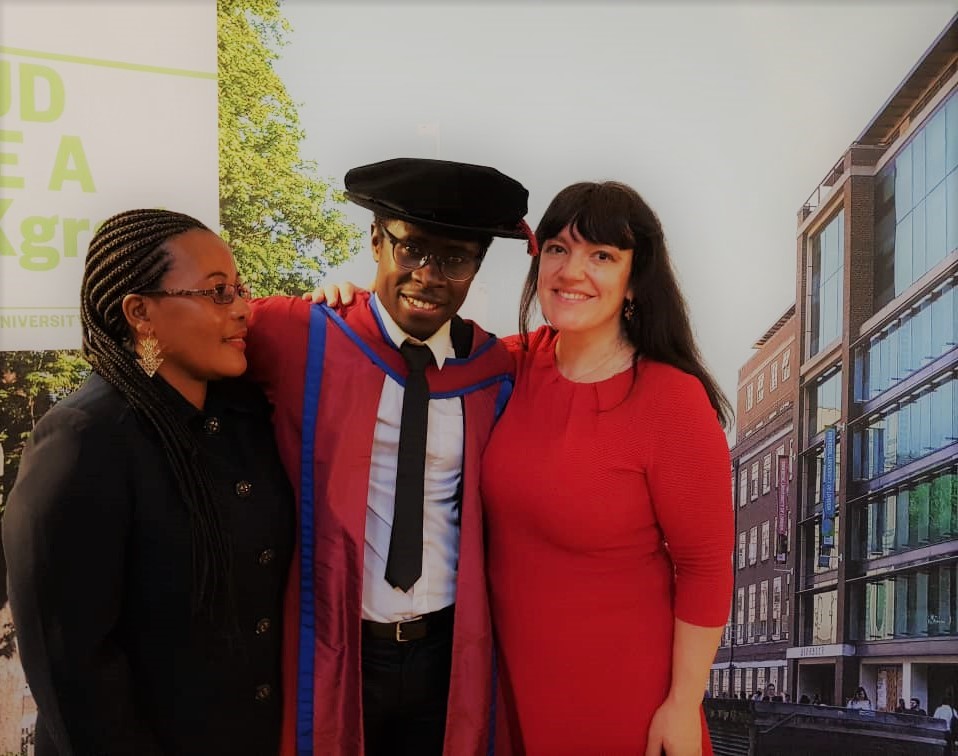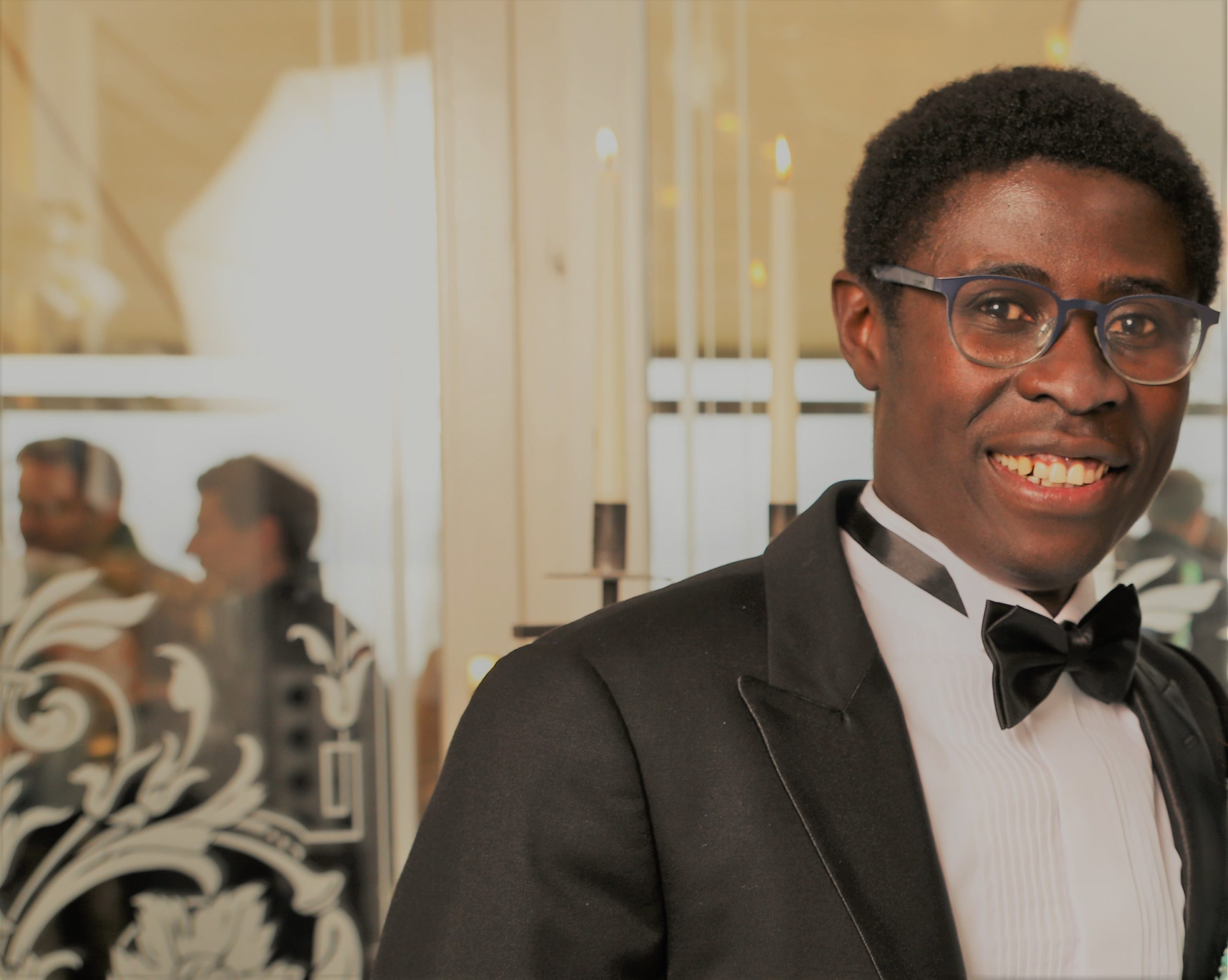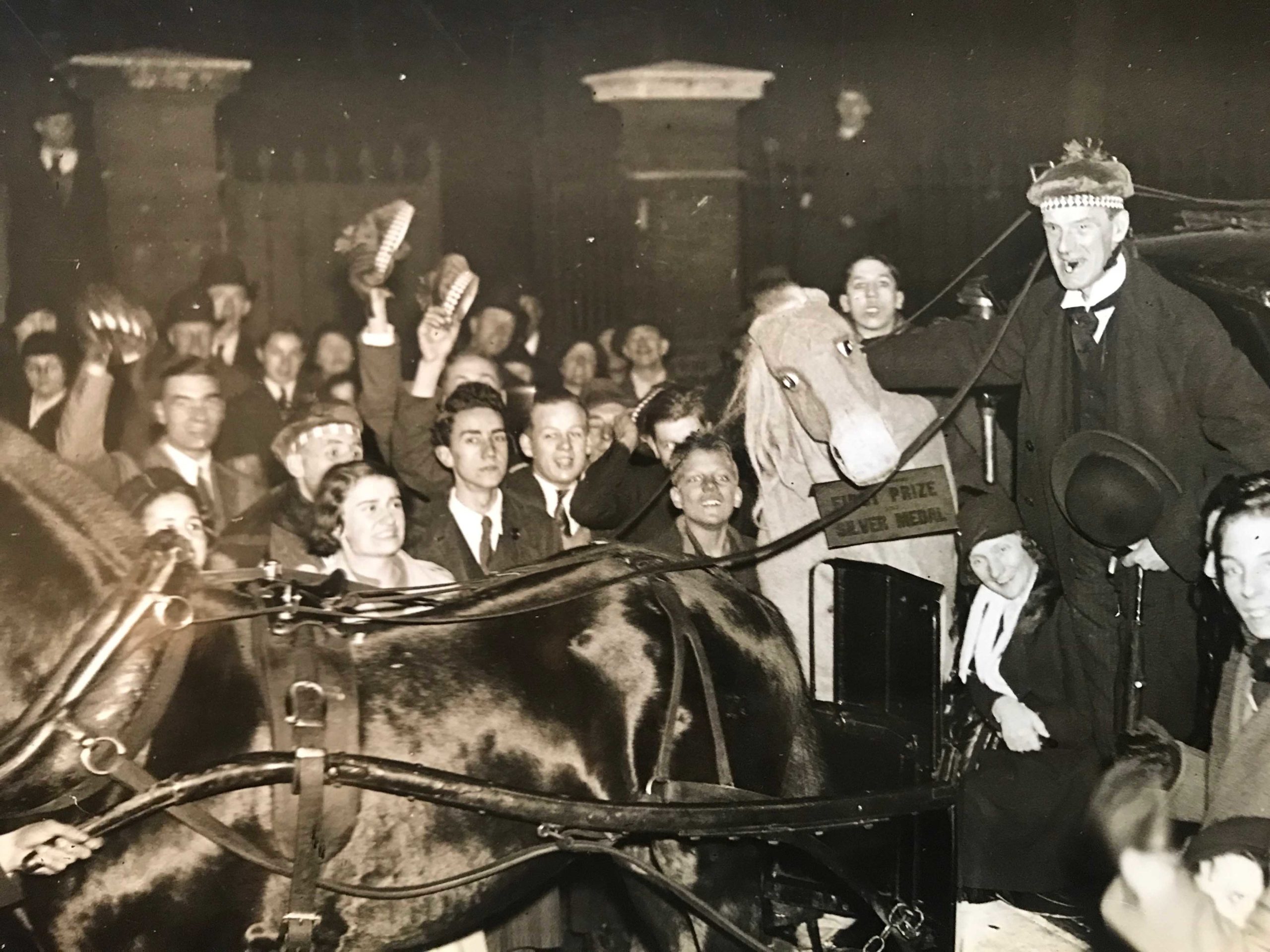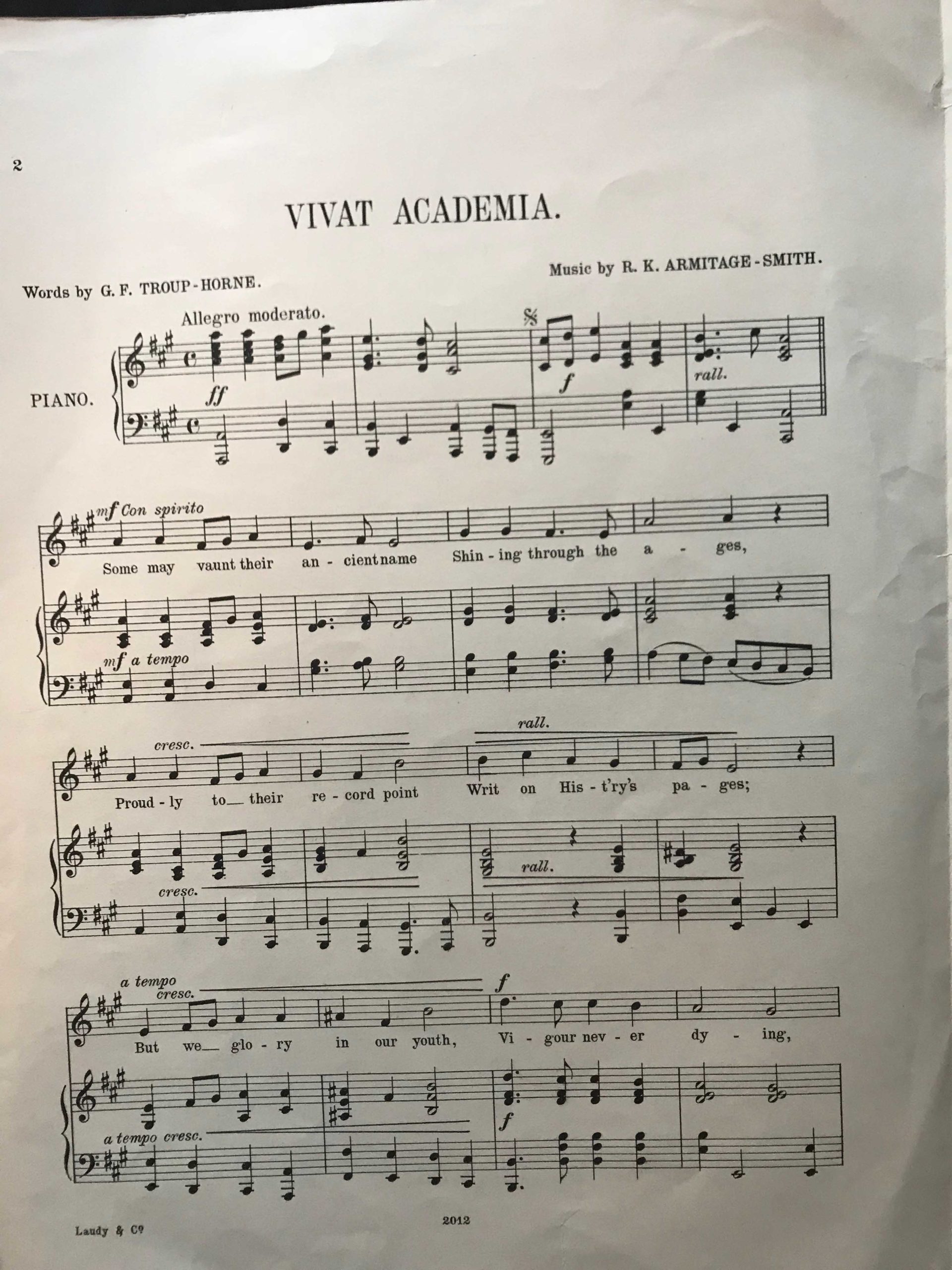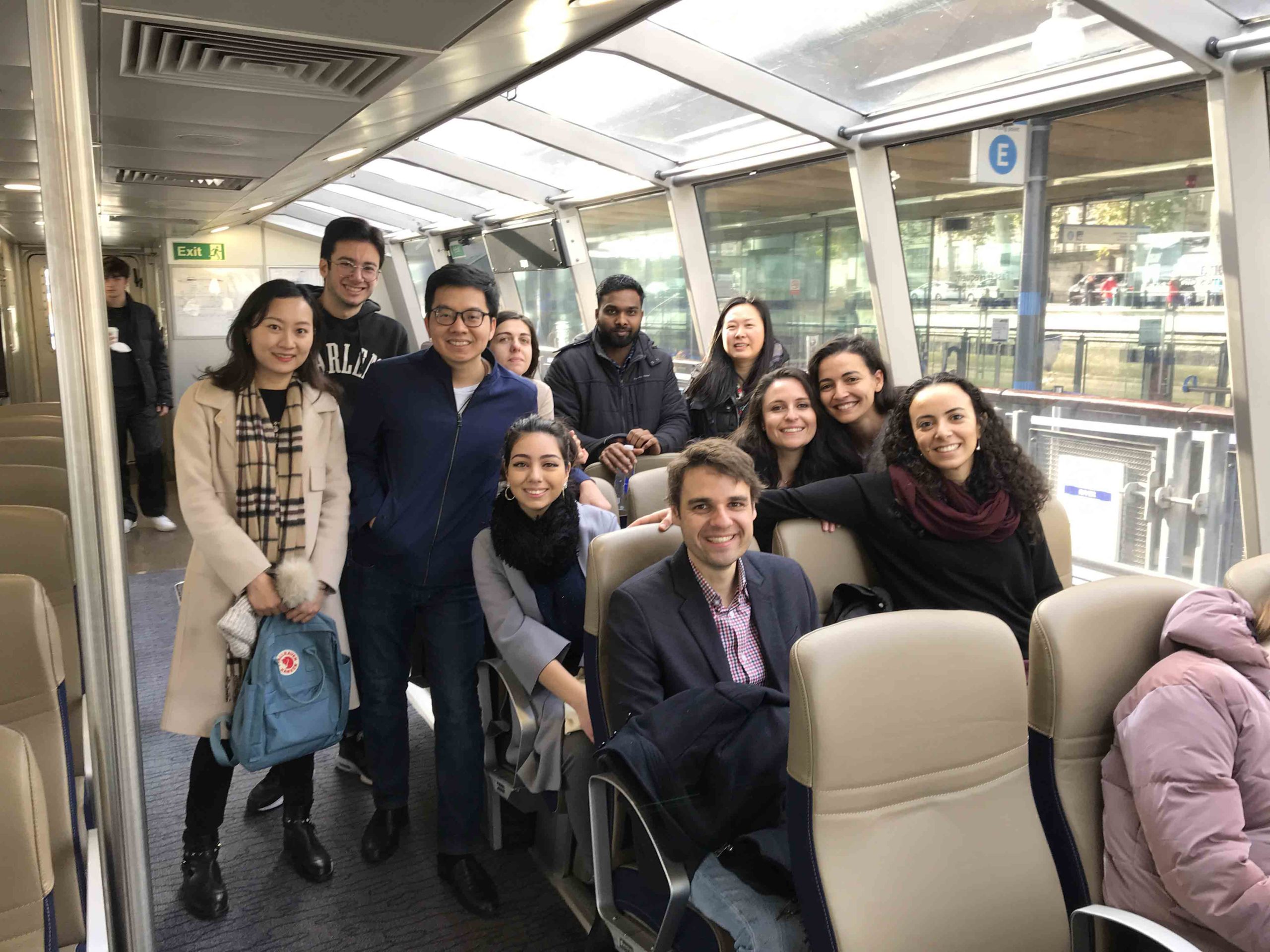Birkbeck Futures explore different ways to help job searching during the COVID-19 pandemic.
As companies continue to navigate the ongoing coronavirus pandemic, you may be among the growing number of workers who have lost their jobs as a result. This is a challenging situation at the best of times, let alone during a global pandemic, but your job search and career opportunities can continue. Embracing some alternative approaches will help to enhance your future possibilities, while providing an opportunity to explore different options.
These tips will support you with your job search and help you navigate your career journey during this time.
Consider your current priority
- If your priority is to gain short term income, explore the industries that are continuing to hire at this time. Rather than put pressure on yourself to find the perfect role now, if you need a short-term solution consider checking what is available and possible for you.
- Examples of industries that are recruiting include delivery services, supermarkets, online learning platforms (tutoring children out of school), remote working / communication platforms, among others. While it may be a necessity, view this as an opportunity as well as a temporary option for now. Every new experience brings new skills and new people into our life that may result in unexpected future opportunities.
- Birkbeck is continuing to provide weekly updates to students and you can also gain support through our student services. Further information on support available during this time.
Embrace online networking
- You may already be active on LinkedIn and this is one of many platforms that brings a wealth of opportunities to connect with others in your field. Joining groups, contributing to discussions and reaching out to people in your profession are great ways of building your network.
- Not only will this develop new and existing connections, it will help to boost your visibility to others in your industry who may have job opportunities in the future. While many companies are pausing recruitment, they will be hiring again in the future and making connections now will enhance your opportunities when they do.
- The vast majority of jobs are not advertised online and rely on referrals and connections. This has been the case for many years, so it has never been more beneficial to start networking – the results may not be immediate in terms of landing a job straight away, but it will continue to help at every stage of your career.
- You can find out more about using LinkedIn with these resources on the Online Careers Portal.
Become familiar with online communication tools
- Once you start to connect with groups and individuals through LinkedIn or other online platforms, take advantage of the opportunity to arrange a call with connections (also now often referred to as a ‘virtual coffee’….). This is a great chance to ask them questions about their career, any tips they may have for you and even just to build rapport with them. With most people working from home, you’re much more likely to get more ‘yes’ answers to your requests than previously.
- The most popular tool for online calls is Skype. If you don’t have an account, consider setting up a free account or suggest a phone call instead.
- If you’re not used to doing video calls, practice with friends or family to start getting used to it and to build your confidence ahead of calls with connections. If you’re in an interview process, you will very likely be invited to a video interview, so this is also worth investing some time to make these calls as successful as possible.
- For tips on video interviews read this article.
Develop your skills
- There are many articles now about ways to upskill during lockdown and things that you could do, but exploring what would be beneficial for you is certainly a worthwhile exercise. Reflect on the type of job you want and consider the skills that often come up in the job descriptions you may have read. Are there any areas you’d like to be more competent in? This could be technical expertise or soft skills.
- As a Birkbeck student, you have access to LinkedIn Learning which has a range of online courses across various topics that you can complete. You can also add your completed courses to your LinkedIn profile, enabling others to see your updated skills.
- Other online learning platforms are offering free trials or complimentary content, so depending on the areas you’re keen to develop, search for relevant courses that you can access.
- Birkbeck’s Online Careers Portal also has a range of resources to develop your skills, as well as tools to enhance your CV and work on your interview technique. The next tip has more information on this.
Use Birkbeck Futures’ online resources
Birkbeck Futures, which includes your Careers, Enterprise and Talent services, is here to support you remotely in various ways. As a Birkbeck student, you have access to various online resources to support you in your job search as well as to develop your career further:
- Access to your Online Careers Portal via your My BBK Profile.
You can access the Online Careers Portal via your My BBK Profile, clicking the ‘Careers and Employability’ section on the homepage. Alternatively you can log in directly – enter your Birkbeck username and password to access the following:
- Live chat service with a Careers Adviser during the careers drop-in hours: Monday – Thursday 4pm – 6pm, Fridays 3pm – 5pm
- Instant CV feedback via the CV360 tool
- Book a 1:1 with a Careers Consultant for more comprehensive career support
- Receive the weekly careers newsletter with news, updates and relevant resources
- Access articles, videos and activities to develop your skills
- Access to Birkbeck Talent, your in-house recruitment service.
We are posting live roles on the Talent portal, also accessible via your My BBK Profile. There are some paid remote-working internships, as well as other live roles. You can search for roles, upload your CV and apply for roles online, as well as contacting the talent team for support.
- Follow us on our social channels for latest updates on Twitter, LinkedIn and Instagram, where we post new roles, details of all remote workshops and events as well as our employer insight podcast series.
Contact us: employability@bbk.ac.uk | talent@bbk.ac.uk



